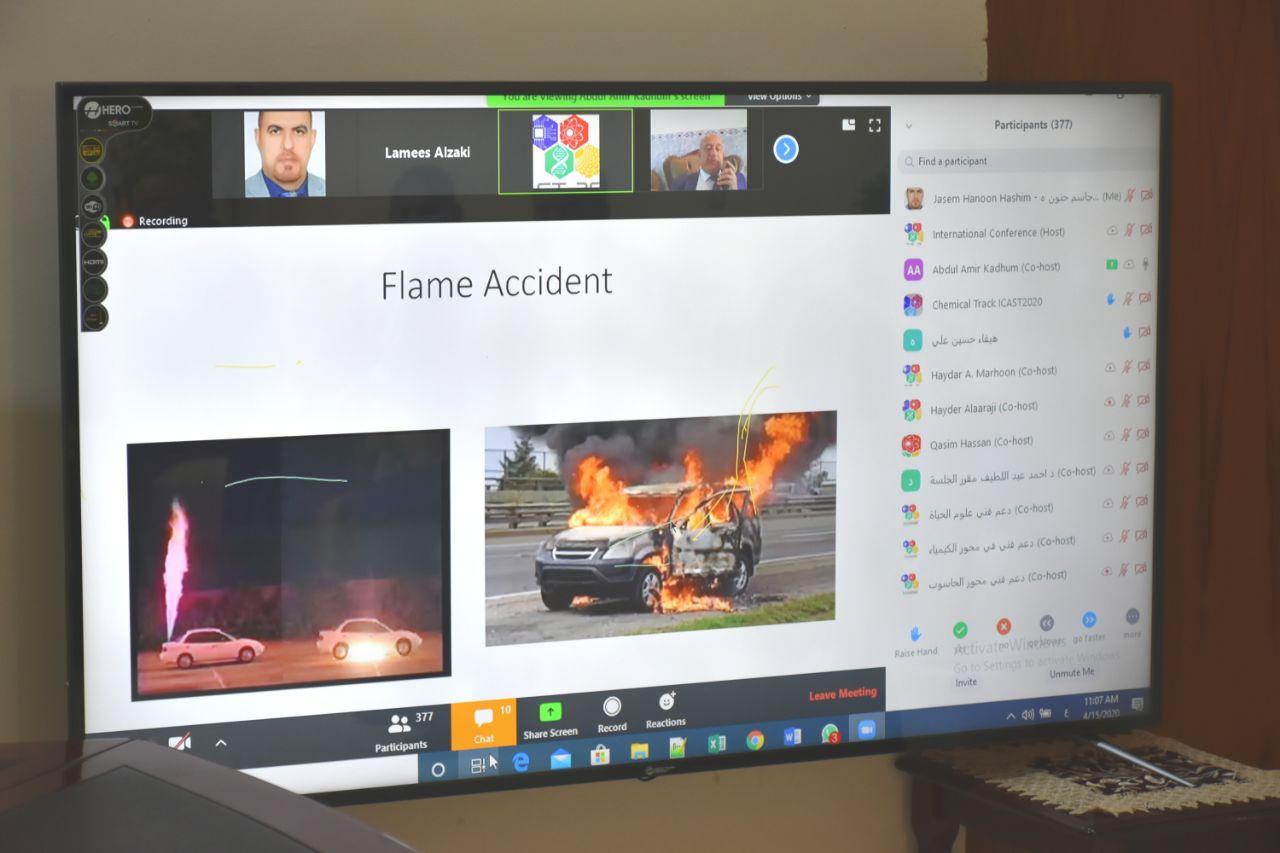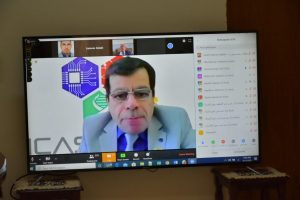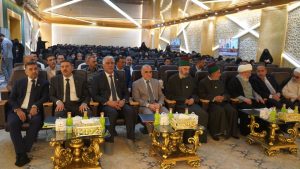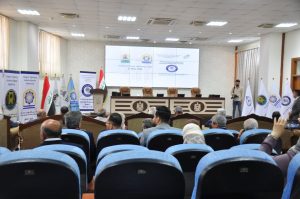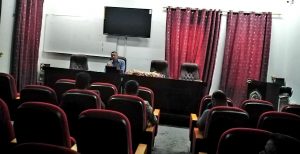Under the auspices of the presidency of Karbala University and the supervision of the Deanship of the College of Science, the College of Science held its eighth international scientific conference on science and technology ICAST2020 online via the Zoom program on Wednesday 15/4/2020. It was held under the slogan of “Scientific and technological progress is an indicator of countries’ prosperity and development”. More than 350 researchers from inside and outside Iraq participated in the conference.
The President of Karbala University, Dr. Basim Khalil Al-Saeedi, stated that the conference aims to enhance scientific and technological progress to serve the society and find solutions to its problems. It also provides an opportunity for researchers and those interested in the fields of science and technology to share their ideas in various scientific disciplines and research issues, as well as the electronic information revolution the world is witnessing. Al-Saeedi added that science and scholars will not be interrupted, regardless of the circumstances and challenges, as the College of Science took the initiative to proceed with its eighth international conference through the online electronic applications in order to provide a good opportunity for researchers to communicate in these difficult circumstances.
The president of the conference, Dean of the College of Science, Dr. Jasim Hanoun Hashim, stated that holding this conference adds a new scientific achievement in terms of the number and nature of research papers, and the method and mechanism of dealing with them by adopting a fully electronic system. He added that international researchers participated in the conference. Their research papers discussed the problems facing various sectors in the technological field, especially in chemistry, physics, biology and computer sciences, proposing appropriate scientific solutions. He pointed out that the conference used an electronic system from the moment the researcher registered and sent the research through calculating the percentage of inference and then valuating it and taking the decision to accept it or not and returning it to the researcher to make the modifications and send it back to the conference for participation and presentation. All these steps were taken electronically with an accurate system characterized by integrity. The head of the scientific committee, Dr. Baqir Abdul-Zahra Jouda, explained that his committee received 376 research papers from 34 countries all over the world, of which 218 were accepted and 158 were rejected, where the percentage of rejection was 42%.

